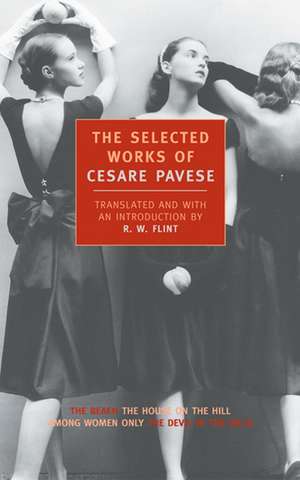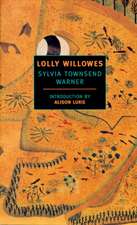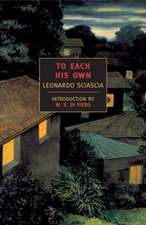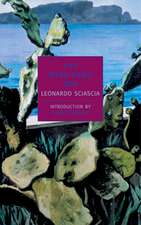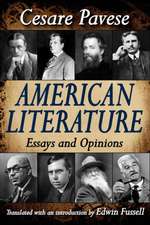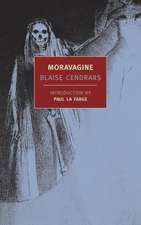Selected Works
Autor Cesare Pavese R. W. Flinten Limba Engleză Paperback – 30 sep 2001
Preț: 128.05 lei
Nou
Puncte Express: 192
Preț estimativ în valută:
24.51€ • 25.49$ • 20.23£
24.51€ • 25.49$ • 20.23£
Carte disponibilă
Livrare economică 24 martie-07 aprilie
Preluare comenzi: 021 569.72.76
Specificații
ISBN-13: 9780940322851
ISBN-10: 0940322854
Pagini: 424
Dimensiuni: 127 x 204 x 28 mm
Greutate: 0.42 kg
Editura: NEW YORK REVIEW OF BOOKS
ISBN-10: 0940322854
Pagini: 424
Dimensiuni: 127 x 204 x 28 mm
Greutate: 0.42 kg
Editura: NEW YORK REVIEW OF BOOKS
Notă biografică
Cesare Pavese (1908ߝ1950) was born on his family’s vacation farm in the country outside of Turin in northern Italy. He graduated from the University of Turin, where he wrote a thesis on Walt Whitman, beginning a continuing engagement with English-language literature that was to lead to his influential translations of Moby-Dick, A Portrait of the Artist as a Young Man, Three Lives, and Moll Flanders, among other works. Briefly exiled by the Fascist regime to Calabria in 1935, Pavese returned to Turin to work for the new publishing house of Giulio Einaudi, where he eventually became the editorial director. In 1936 he published a book of poems, Lavorare stanca (Hard Labor), and then turned to writing novels and short stories. Pavese won the Strega Prize for fiction, Italy’s most prestigious award, for The Moon and the Bonfires in 1950. Later the same year, after a brief affair with an American actress, he committed suicide. Pavese’s posthumous publications include his celebrated diaries, essays on American literature, and a second collection of poems, entitled Verrà la morte e avrà i tuoi occhi (Death Will Come and Will Have Your Eyes).
R.W. Flint translated, edited, and introduced The Selected Works of Cesare Pavese in 1968 and Marinetti: Selected Writings in 1971. He has contributed interviews, essays, translations, and reviews on Italian writers to various journals includingParnassus, Canto, and The Italian Quarterly. He lives in Cambridge, Massachusetts.
R.W. Flint translated, edited, and introduced The Selected Works of Cesare Pavese in 1968 and Marinetti: Selected Writings in 1971. He has contributed interviews, essays, translations, and reviews on Italian writers to various journals includingParnassus, Canto, and The Italian Quarterly. He lives in Cambridge, Massachusetts.
Recenzii
The translation is fluent, and each work bears the distinctive Pavesean coat of arms.
— Time
Pavese’s nine short novels make up the most dense, dramatic and homogeneous narrative cycle of modern Italy, and are also…the richest in representing social ambiances, the human comedy, the chronicle of a society. But above all they are works of an extraordinary depth where one never stops finding new levels, new meanings…Each one of Pavese’s novels revolves around a hidden theme, something unsaid which is the real thing he wants to say.
— Italo Calvino
Now there can be no excuse for not reading Pavese, one of the few essential novelists of the mid-twentieth century. The new translations and the introduction by R.W. Flint are admirable.
— Susan Sontag
— Time
Pavese’s nine short novels make up the most dense, dramatic and homogeneous narrative cycle of modern Italy, and are also…the richest in representing social ambiances, the human comedy, the chronicle of a society. But above all they are works of an extraordinary depth where one never stops finding new levels, new meanings…Each one of Pavese’s novels revolves around a hidden theme, something unsaid which is the real thing he wants to say.
— Italo Calvino
Now there can be no excuse for not reading Pavese, one of the few essential novelists of the mid-twentieth century. The new translations and the introduction by R.W. Flint are admirable.
— Susan Sontag
